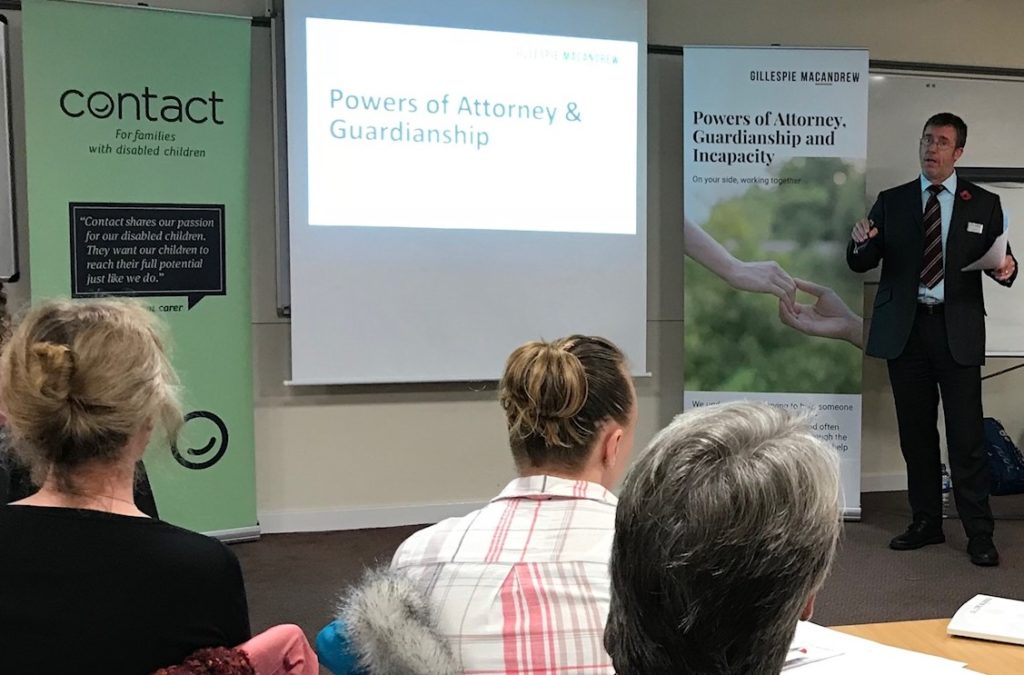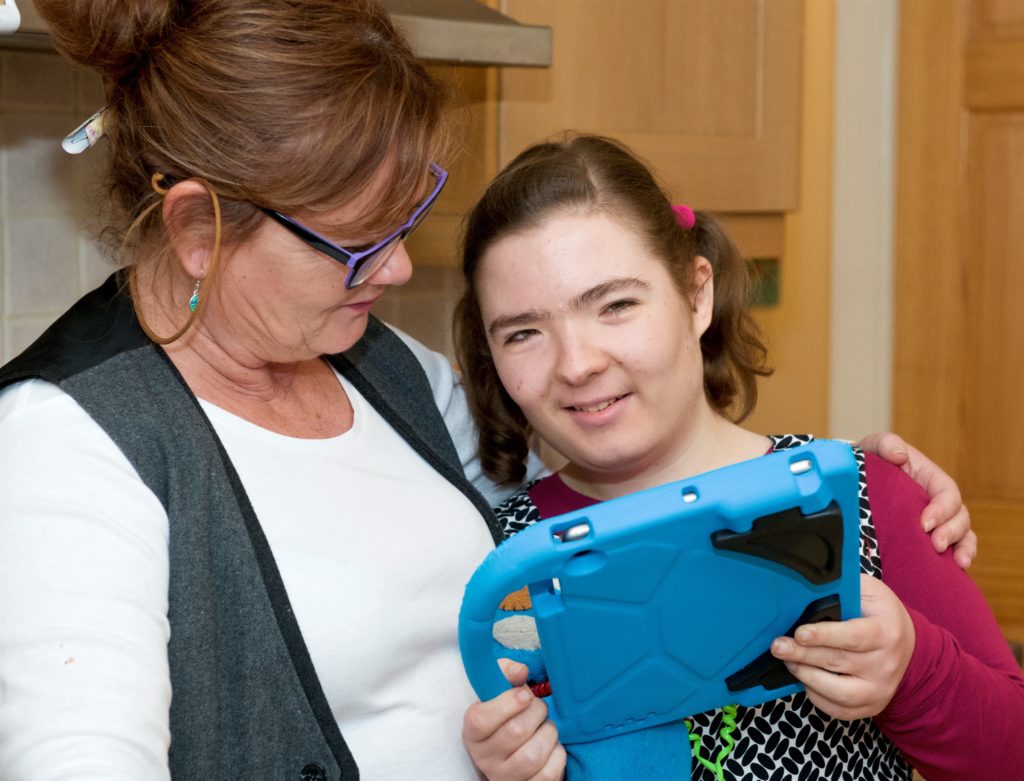Setting up a Trust
This advice applies in Scotland only.
A Discretionary Trust safeguards assets for vulnerable beneficiaries while protecting their benefits. Learn how to set one up in Scotland.
In this article
About Trusts
Leaving money or property to someone isn’t always straightforward.
If someone is vulnerable, for example because of a disability or learning difficulty, it could affect their eligibility for means-tested benefits or support. That could mean something you intended to help them actually leaves them in a more difficult position.
One way to guard against this is to set up a Discretionary Trust, either during your lifetime or in your Will. Relatives or friends can also leave or give money to a Trust you set up rather than to an individual, providing the Trust formally exists at the time they make the gift. (If it’s set up in your Will, it won’t come into existence formally until after you die).
What is a Discretionary Trust?
Placing money or property in a Discretionary Trust means it doesn’t pass to an individual. Instead, it is managed by trustees who can be directed to act in someone’s interest and for their benefit. You choose the trustees when you set up a Trust, and they appoint others as necessary. You can say how you want them to act in a Letter of Wishes. For example, you might ask the trustees to allow a beneficiary of the Trust to live in a property rent free for their lifetime, or to use money in the Trust to pay everyday bills.
You can set up a Trust at any time. If it’s during your lifetime, most people include themselves among the trustees. If it’s in your Will, it won’t come into effect until you die, so you choose the trustees who will manage it.
What are the disadvantages?
Setting up a Trust is costly and it can be complicated. A solicitor can advise on what works best, but you are responsible for making sure what they suggest will meet your aims.
If the Trust will generate income, for example through investments or by renting out property, the trustees are responsible for filing tax returns and other general administration.
No one has a right to anything managed by a Discretionary Trust, even if they are named as a beneficiary. In practice a Trust usually acts according to the wishes and aims of the people who set it up, but the trustees can depart from this if they choose. So it’s important to appoint trustees who understand the principles you want them to use in making decisions, as well as the decisions themselves.
A Letter of Wishes can specify how you want the trustees to act but this is for guidance and isn’t legally binding.
How do I set up a Discretionary Trust?
You must do this through a solicitor.
You will need to explain the purpose of the Trust and what you want it to achieve. A solicitor can advise on what works best based on their experience, but you are responsible for making sure their suggestion meets your aims. Be aware you can set up the Trust well before it is needed, using just a small amount of money to establish it
Key steps in the process include:
- Decide the purpose of the Trust and what you want it to achieve.
- Consider what assets you plan to place in the Trust, for example a sum of money, the deeds of a property.
- Specify who will benefit from the Trust (the “beneficiaries”). You can name any number of beneficiaries.
- Choose the trustees. These can include friends, family and independent professionals, such as a firm of solicitors.
- Work with your solicitor to draw up a Deed of Trust.
- Ask your solicitor to advise on the wording of a Letter of Wishes, which provides guidance to the trustees. You can update the Letter of Wishes at any time to reflect changing circumstances.
It’s important to choose people you trust to make responsible decisions. They will have complete control over how the Trust is managed and how any money is used, including if and when to make payments on behalf of the beneficiaries.
Related information

Making a Will
A Will insures your wishes are followed and protects loved ones. Learn why Wills matter, and how to create one.
Read more
Legal matters
How to support and protect the interests of your young person into adulthood.
Read more
Guardianship, intervention orders and powers of attorney in Scotland
If you are the parent or carer of someone over 16, who needs help to make, communicate or carry out decisions, there…
Read more
Talking about Tomorrow
The key topics to think about as your child moves into adulthood.